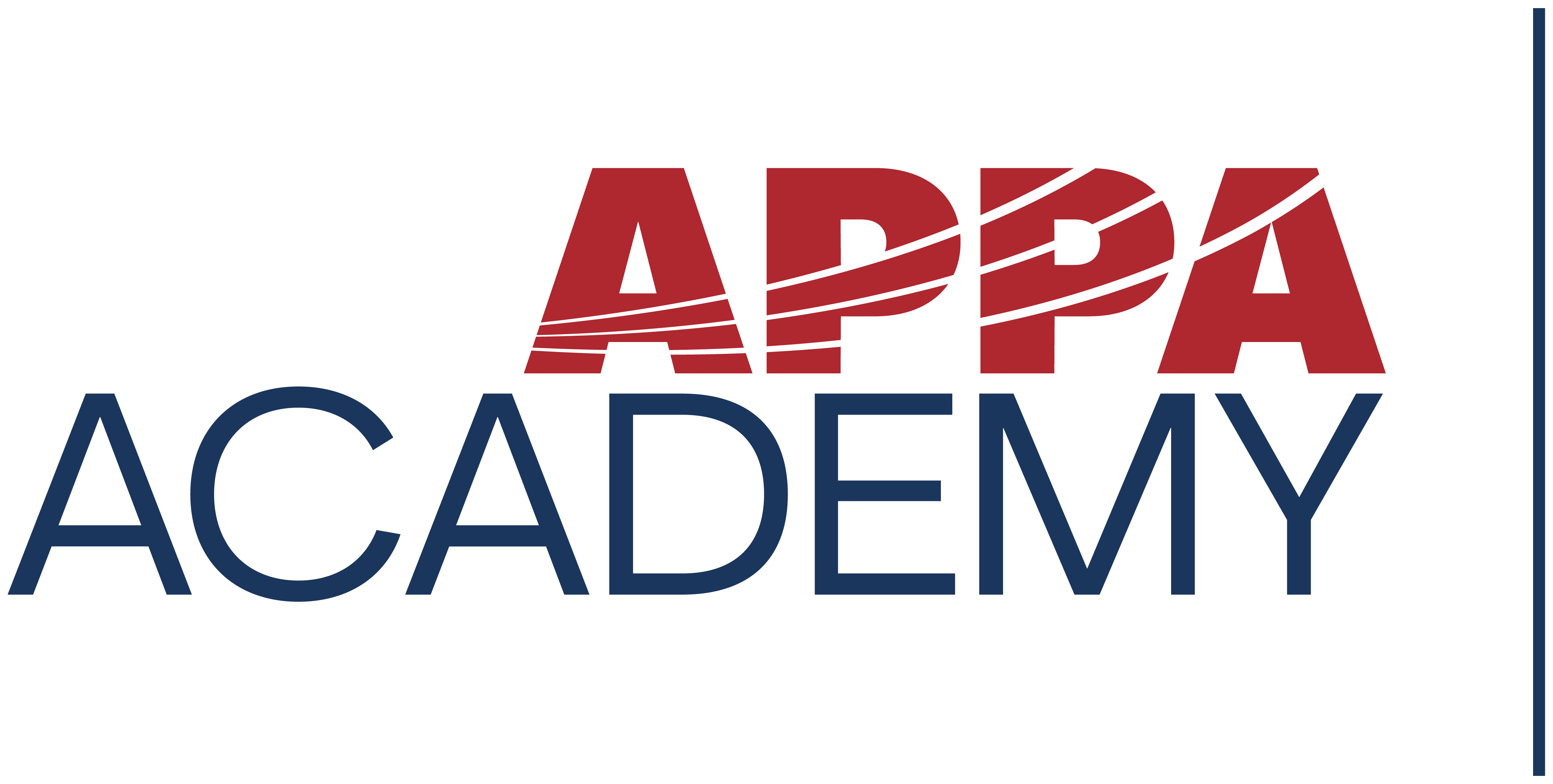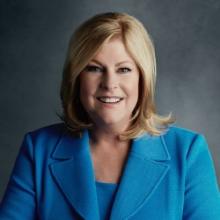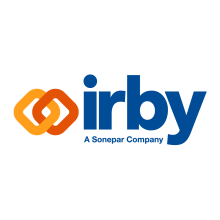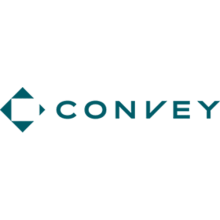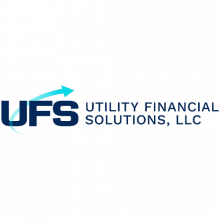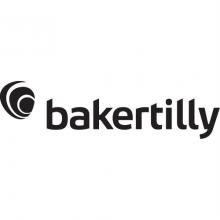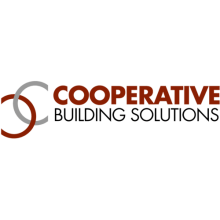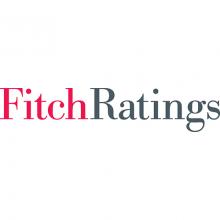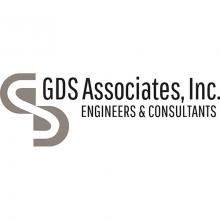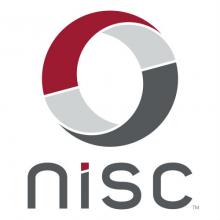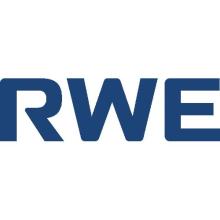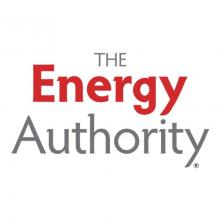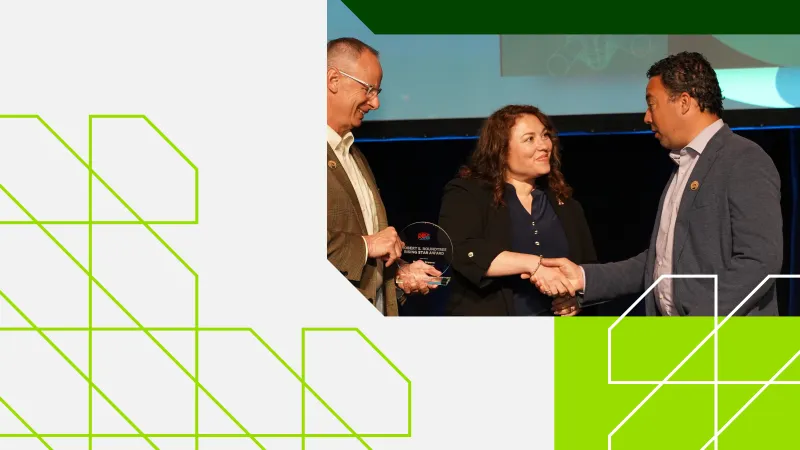
Power Up
at the nation's premier gathering of public power leaders.
Reconnect and Recharge
Plug in to the experience, innovation, and leadership happening across the national public power community.
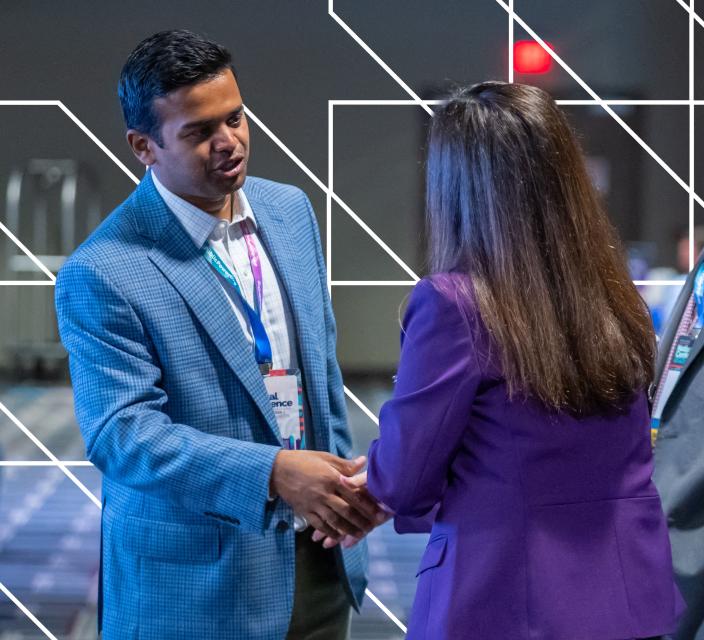
with visionaries and policymakers, exchange strategies with other public power leaders and discover solutions and tools for your long-term success.
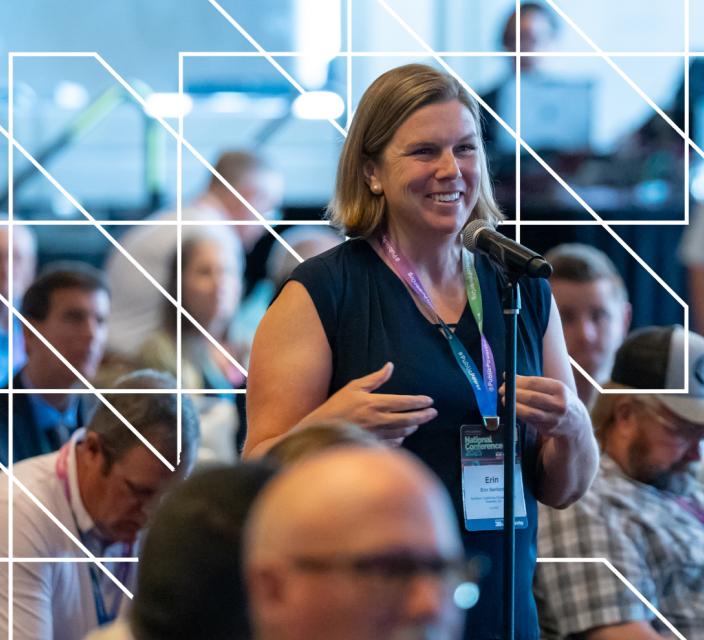
how changing policy, technology, and lifestyles are reshaping the energy industry and your community across 5 tracks and 40+ sessions.
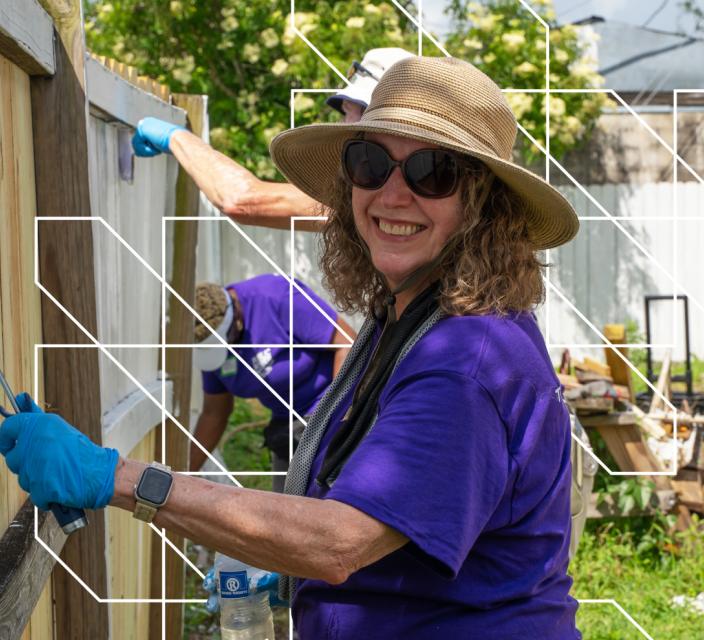
Take part in celebrating public power’s commitment to service with the Day of Giving.
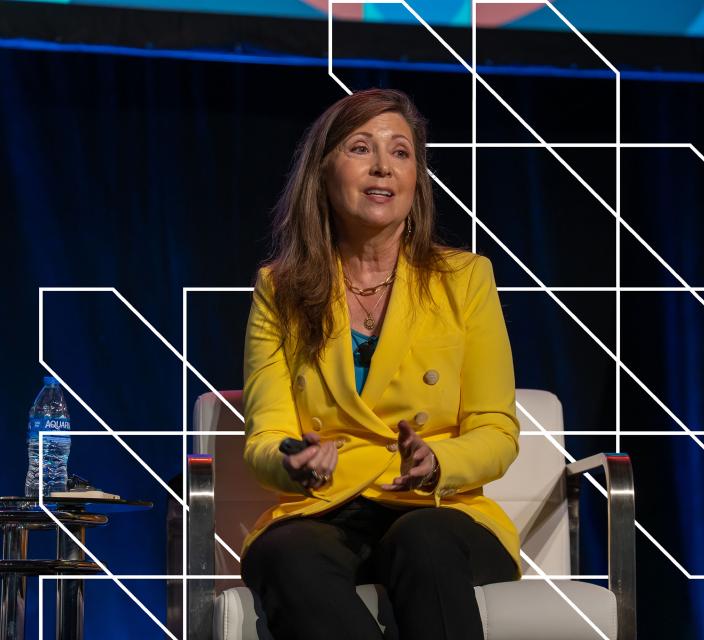
Featured Speakers
Learn from leaders at the highest levels of the industry, and take home insights to drive your organizations and your communities forward.
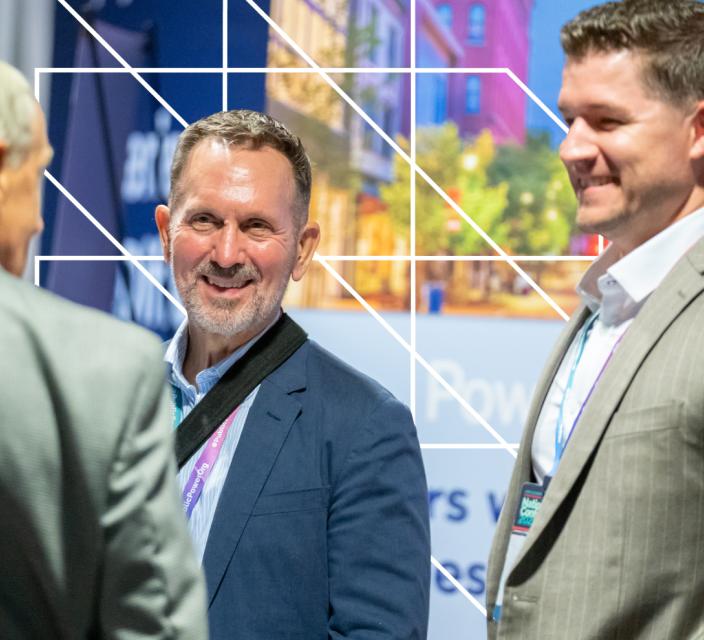
Who Should Attend
Many professionals affiliated with public power attend the National Conference, including:
- Utility general managers and CEOs
- Senior managers, rising stars, and future leaders
- Mayors and city council members
- Commissioners and governing board members
- Policy and strategy makers
- Industry partners and vendors
- Consultants and subject matter experts
Why Attend
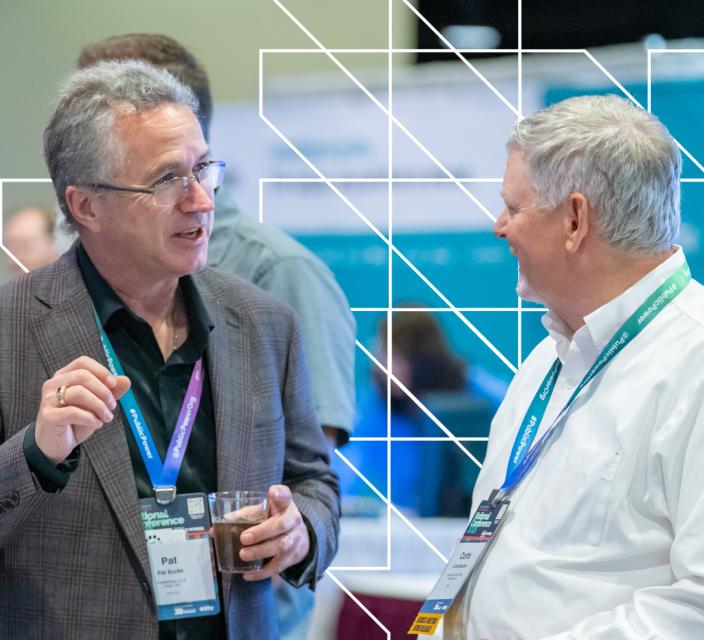
Connect With Public Power Decision-Makers
The Industry Innovations Expo brings together 100+ vendors and partners with more than 1,200 utility CEOs, senior executives, and policymakers.
Thank You to Our Generous Sponsors
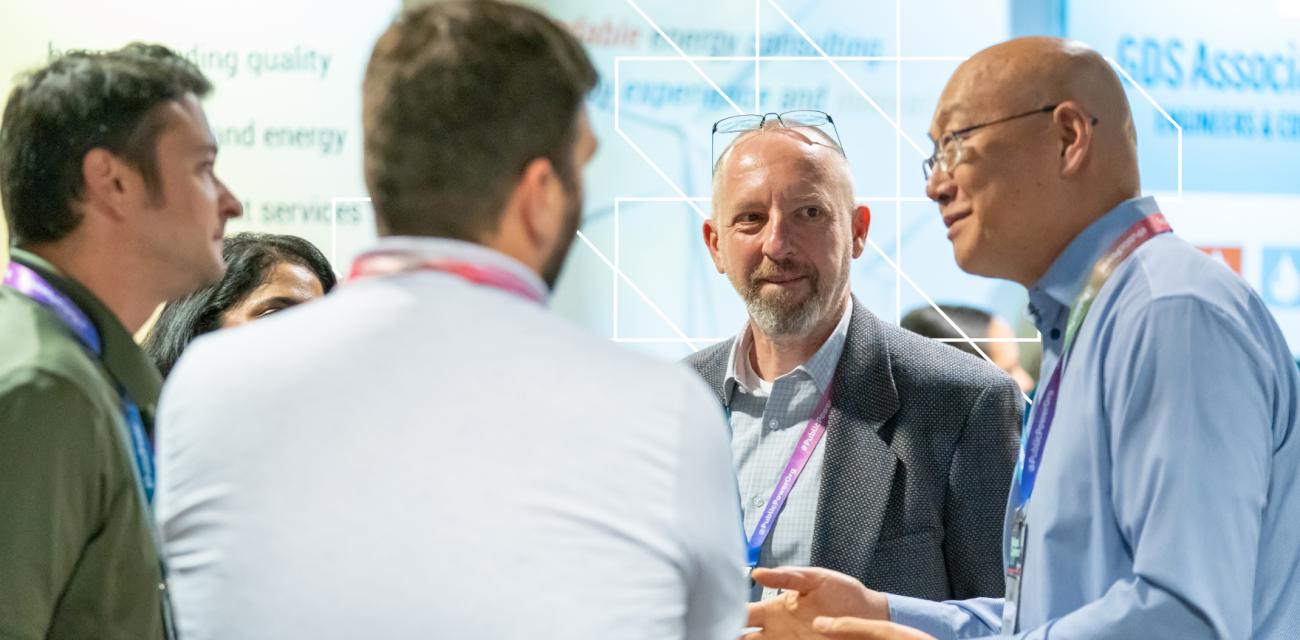
Members Get More
Access tools, programs, and resources to help improve your organization’s performance, and enjoy discounts on registration fees to this and other networking events throughout the year.
Contact Us
Registration: Registration@PublicPower.org
Program/Content: Academy@PublicPower.org
Sponsorship/Expo: Sponsorship@PublicPower.org
Hotel: Meetings@PublicPower.org
Billing: Finance@PublicPower.org
